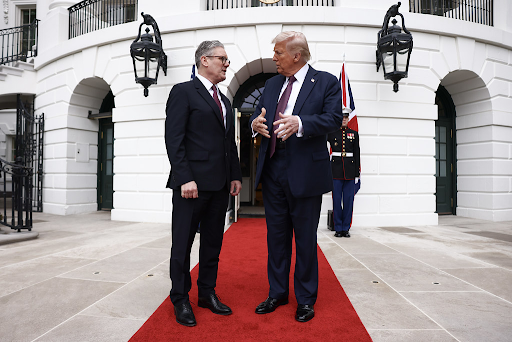The United Kingdom is carefully navigating its diplomatic relationship with the United States, reportedly delaying its planned recognition of a Palestinian state to avoid a clash with President Donald Trump during his ongoing state visit. The President made his opposition clear, stating he and Prime Minister Keir Starmer have a “disagreement on that score.”
This divergence in policy highlights a growing transatlantic gap in approaches to the Israeli-Palestinian conflict. While the Starmer government views recognition as a necessary step to advance a two-state solution, the Trump administration remains opposed, a position it recently demonstrated by voting against a UN General Assembly resolution supporting the same goal.
Despite the split, both leaders worked to project an image of solidarity. Starmer insisted they “absolutely agree” on the need for a peace plan to resolve the “intolerable” crisis in Gaza. He presented the recognition of Palestine not as an end in itself, but as part of a package to secure Israel’s future and establish a viable Palestinian state, free from Hamas’s control.
The strategic delay in the UK’s announcement reveals the high stakes involved. By waiting for Trump to leave, London hopes to assert its foreign policy independence without causing an immediate rift with its most powerful ally. Meanwhile, the conflict continues to escalate, with Israeli forces pushing into Gaza City and launching strikes against Hezbollah in Lebanon.



